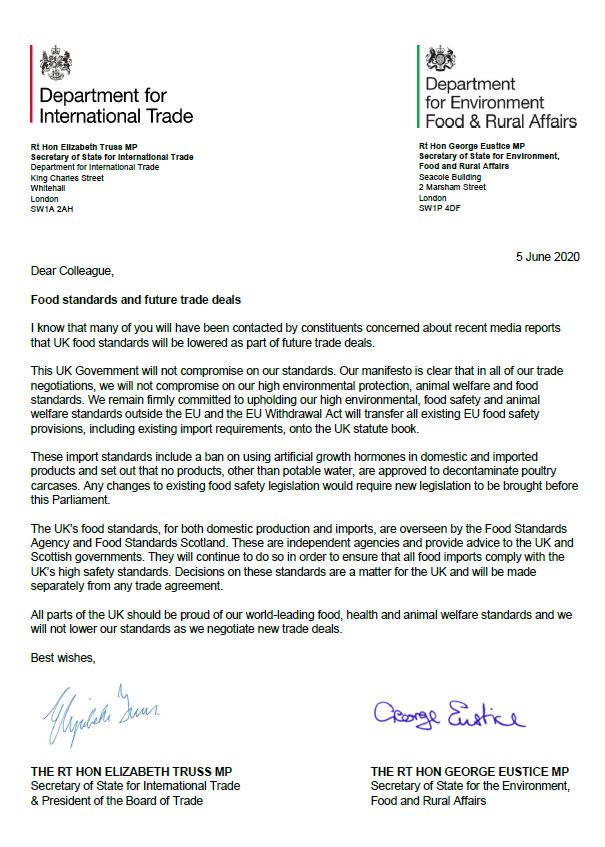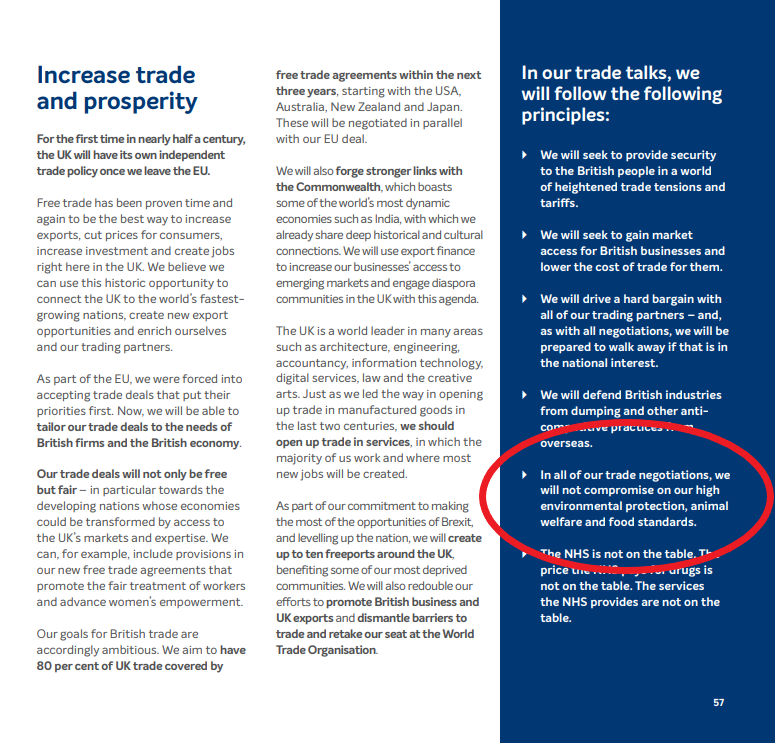commonslibrary.parliament.uk/research-brief…
The last occasion the House of Commons did so was in 1979! It is generally used to adjust aspects of primary legislation (like regulatory lists) easily /16

1.What are the government’s actual intentions regarding the FSA/FSS reviewing current SPS measures such as the ban on chemical washes in poultry and other EU-derived food safety laws? /25













